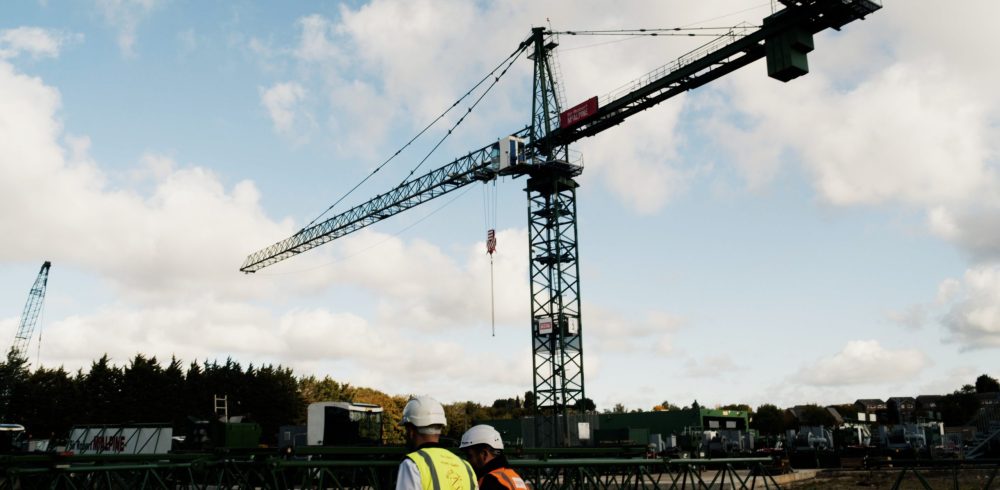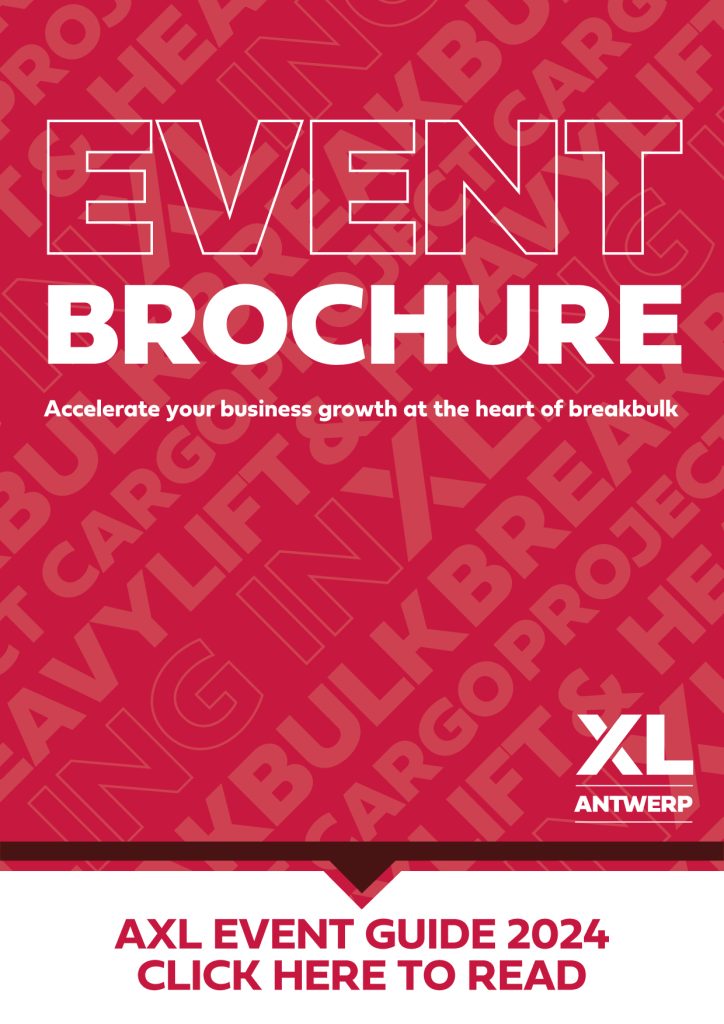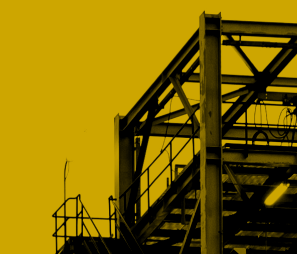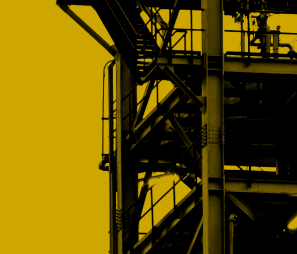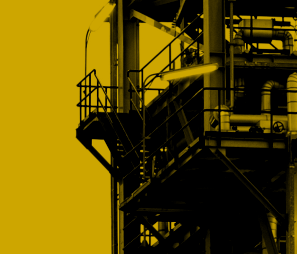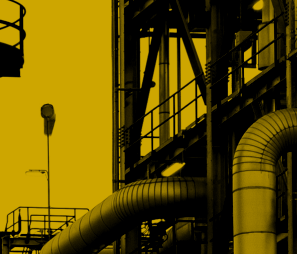Field trials between Sir Robert McAlpine and temporary power company Aggreko have unearthed some promising results around decarbonisation as the construction industry approaches a ban on red diesel in April.
Both companies have been reforming their approach to power generation by analysing how equipment performs on site and determining where improvements can be made through greener upgrades.
Aggreko was brought on board to conduct the range of tests at Sir Robert McAlpine’s Kettering plant in late 2021. The aim was to keep net zero ambitions on track but also to demonstrate how strategic knowledge-sharing and greater industry collaboration holds the key to progress.
Technologies tested included battery assisted generators and Hydrogenated Vegetable Oil (HVO), both growing in popularity as industry transitions away from traditional fuels. It also included load-on-demand – a solution using several smaller kVA generators to power the same peak demand as one larger unit, which automatically turns off surplus generators when the site’s demand falls.
The tests also looked to understand which of Aggreko’s generator set-ups was most efficient for providing power on site, while offering both organisations the practical knowledge needed to make more sustainable decisions at other sites across the country.
The project was spear-headed by Martin Mitchell, Plant Procurement Manager, and Steve Wright, Commercial Plant Manager, both from Sir Robert McAlpine, alongside Tom Adlington, Sector Team Leader at Aggreko.
“We believe these trials have the potential to revolutionise temporary power on construction sites. We have proven something in collaboration with Aggreko, but now we need to educate and promote these findings to the rest of the business and the industry. Our partnership with Aggreko has combined expertise and resource to deliver against a common goal. Most significant for me is the courage and conviction to challenge the way we do things, deliver the trials, and most importantly, prove to everybody, there is a better way of working,” commented Martin Mitchell.
The field trials focused on lifting jobs using two different types of tower crane at full working capacity, hoisting and slewing 12.5- ton weights. Both cranes are used in Sir Robert McAlpine’s yard and in the field.
The results highlighted that generators that are generally oversized or poorly matched for their chosen application, leading to inefficiencies and ultimately unavoidable emissions. Both scenarios revealed significant reductions in both fuel consumption and carbon emissions, from as much as 45% all the way up to 95%.
“This project was born out of a common goal to improve operations at both ends, and ultimately reduce the impact of our industry’s environmental impact. I’ve worked with Martin for some years now and have always shared his ambition to challenge the conventional ways of doing things – it’s what Aggreko’s all about. We’re not just a transactional power provider; we apply innovative thinking to existing technologies and that’s what’s helping companies like Sir Robert McAlpine make an impact today. We hope this report provides inspiration and practical guidance for others across the sector,” Tom Adlington added.




